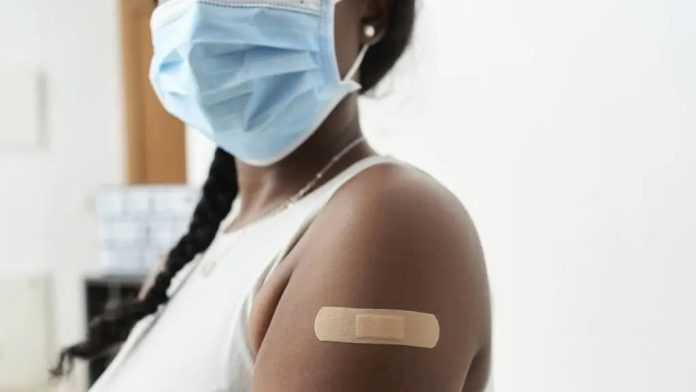After receiving your COVID-19 vaccine, you might be feeling under the weather, but the discomfort is a small price to pay for the protection it offers. Commonly experienced by 30-90% of recipients within 1-3 days, side effects signal the vaccine’s activation in your system. A recent pre-print study from the University of California San Francisco suggests that symptoms like chills, fatigue, fever, and headache correspond to increased antibody production, detectable even one and six months post-immunization. Elevated heart rate and warm skin further indicate a robust immune response, according to the study.
Onyema Ogbuagu, a COVID vaccine and infectious disease expert at Yale School of Medicine, underscores that local and systemic reactions to the COVID shot likely contribute to enhanced protection. Similar to all vaccines, the COVID shot stimulates the immune response, creating antibodies against the latest COVID strain. Despite concerns about the 2023 vaccine and its booster, Dr. Ogbuagu assures the public that they are safe, having undergone rigorous testing and utilizing familiar technology.
The new COVID vaccine targets the XBB.15 variant, the latest iteration of Omicron. While the Centers for Disease Control list common symptoms, including pain at the injection site, tiredness, headache, muscle pain, chills, nausea, and fever, it’s emphasized that these are signs of the immune system responding to the vaccine.
The absence of side effects doesn’t diminish the vaccine’s effectiveness, according to Judith O’Donnell, MD, from the University of Pennsylvania. Acknowledging the uniqueness of each individual’s immune system, she reassures that a lack of side effects doesn’t negate the vaccine’s efficacy.
Despite the temporary nature of side effects, lasting 24-48 hours (with potential arm soreness lasting longer), the University of Alabama at Birmingham notes that mRNA vaccines like the COVID shot leave the body quickly, eliminating concerns about long-term effects.
For relief from potential side effects, Yale New Haven Health recommends using an ice pack, cool damp cloth, or taking a cool bath. Over-the-counter pain medication and increased water intake can also alleviate discomfort. Emergency symptoms are rare, but if experienced, prompt medical attention is advised.
Dr. Ogbuagu emphasizes the importance of getting vaccinated, noting that the baggage of contracting COVID-19, including long COVID and unknown long-term effects, outweighs any temporary side effects. Ultimately, the message is to focus on the positive aspect of side effects – a reassuring sign of protection that will soon subside.















